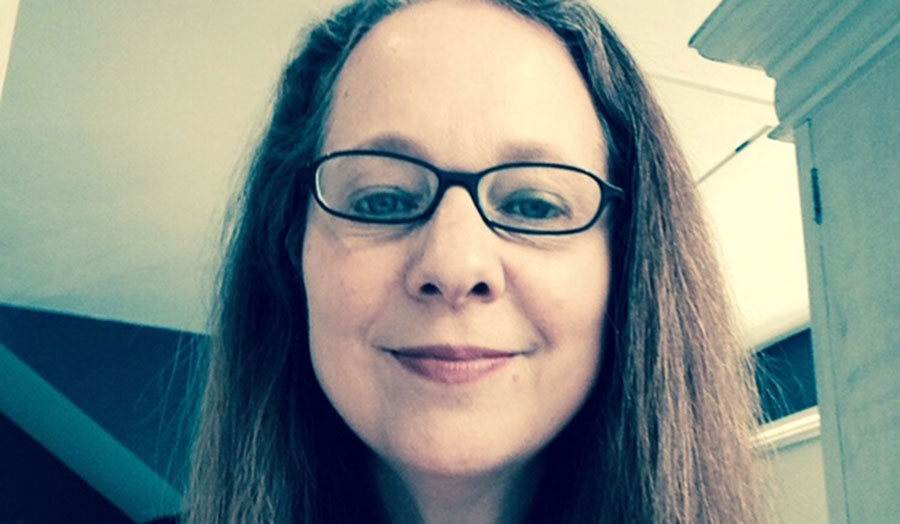Wendy Sloane, Associate Professor of Journalism at London Met, discusses where Russians get their news in a new article published in the British Journalism Review.
Date: 12 January 2023
As Russia’s war against Ukraine intensifies, President Vladmir Putin’s quest to shore up internal support is facilitated by state-controlled television, “the primary source of information for many older Russians”, Wendy writes.
“In provincial Russia, TV audiences consist mainly of people aged 50-plus, who watch it either out of habit or because in small towns there is no alternative. Not many Russians outside large, westernised cities such as Moscow or St Petersburg have access to the internet or speak a foreign language, which would enable them to access international news,” she writes in the latest issue of the BJR.
Not having access to outside news means that the older generation in Russia believes largely that the war is a defensive one, according to polls taken by the Levada Center, an independent, non-governmental Russian polling and research organisation. Many believe that Russia had no alternative but to fight back, especially in the disputed Donbas region.
Wendy quotes several Russia specialists, one of whom commented at a talk at Columbia University that while Putin has banned many social media platforms, the encrypted instant messaging app Telegram is still going strong. “We increasingly see interest in what is being reported on Telegram, especially by pro-military bloggers,” says Joshua Tucker, director of the Jordan Center for Advanced Study of Russia at New York University.
Timothy Frye, the Marshall D Shulman Professor of Post-Soviet Foreign Policy at Columbia, said that Telegram is playing a pivotal role in creating an alternative narrative as well. “We know that autocracies have low information systems, and there is really a great hunger to try to figure out what people are thinking,” he is quoted as saying in the article. “We know from other autocracies that leaders are constantly looking for any source of information to try and figure out what is going on in the absence of a free media and other sources of information that operate in some countries.”
Russians support the war “more as a matter of conviction than of conformism”, with some respondents to the Levada poll commenting that “they cannot know exactly what is going on, indicating that the government knows best,” says Graeme Robertson, co-author of Putin vs the People: The Story of a Popular Dictator and the Struggle for the Future of Russia, in a recent article.
While some might experience fear and anxiety surrounding their country’s involvement in Ukraine, the “desire to stay in their psychological and intellectual comfort zone prevails”, Robertson writes.
So can age, education and geographic location really forecast what Russians feel about the war? Many believe so. Russians today can be divided into three groups: a “shrinking minority” who have been against Putin from the very beginning and have already begun to leave the country; hard-liners who are “real enthusiasts” about the war and want Putin to take a harder stance; and those in between, Peter Conradi, Sunday Times Europe editor and author of Who Lost Russia? From the Collapse of the USSR to Putin’s War on Ukraine, and a former Moscow correspondent, told the BJR.
“In the middle, you have a large number of people who see that the war is basically being waged in a faraway country they are only aware of on their TV screens. They are not enormously troubled by it,” he says.

